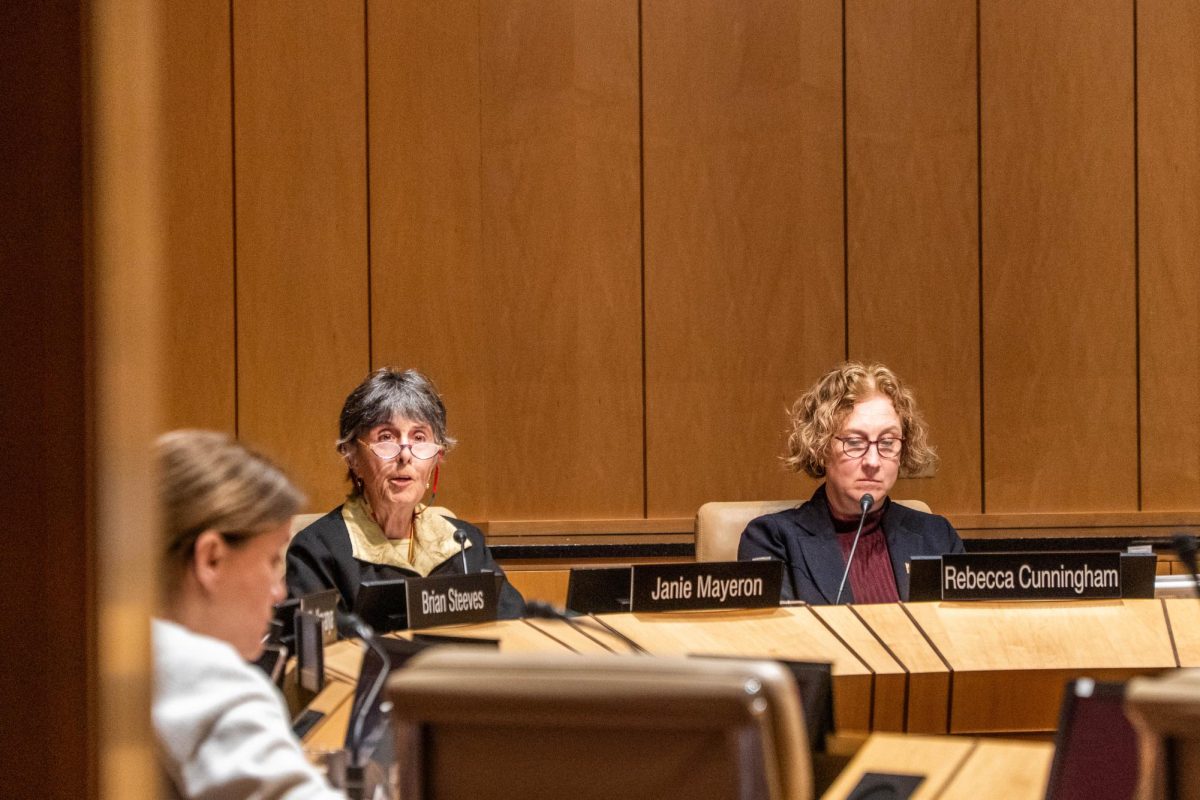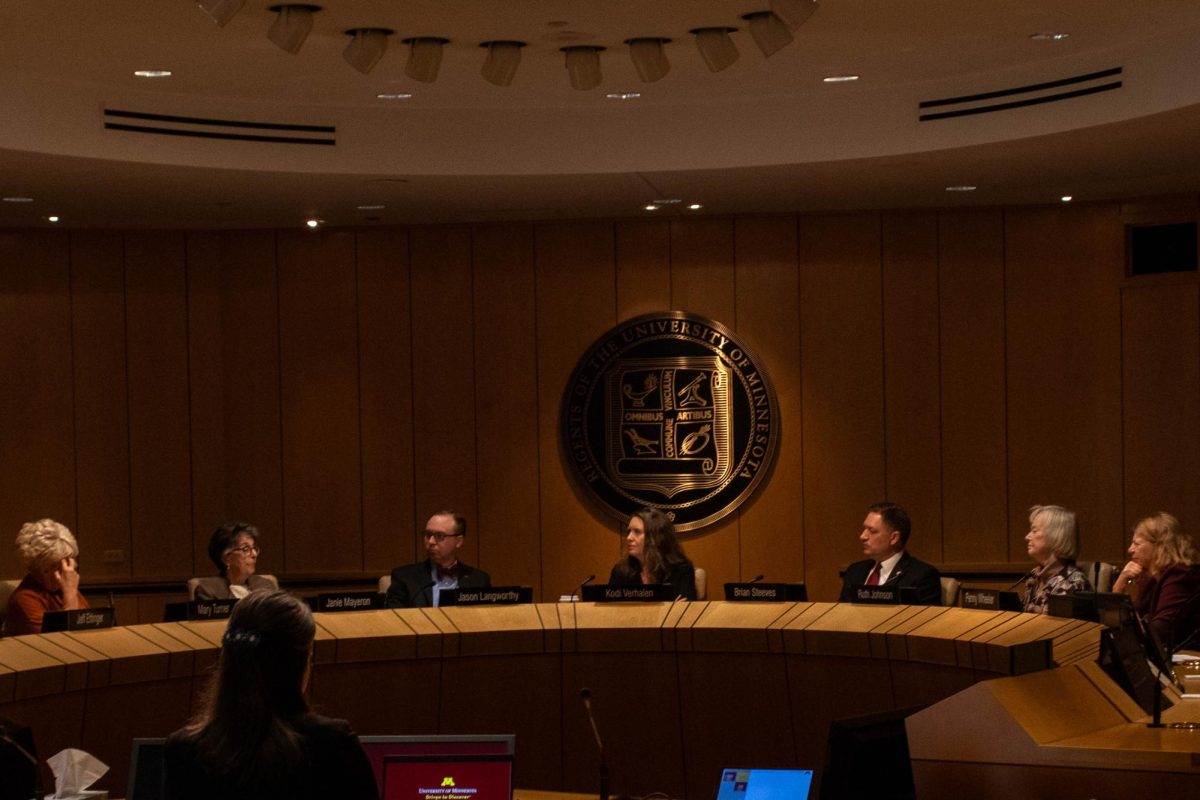University of Minnesota students will see tuition costs increase up to 5.5% next year after the Board of Regents approved the annual budget at their meeting on June 13.
At the Twin Cities campus, tuition will increase by 4.5% for in-state students and 5.5% for out-of-state students. The University’s other four campuses will see a 1.5% tuition increase.
Luke Wittner, a fourth-year student, said he has seen many changes since he was first accepted to the University as an incoming freshman.
“When I got accepted here, the acceptance rate was between 45% and 50%, and tuition was reasonable,” Wittner said. “Now the acceptance rate is hovering around 75%, and they jacked up the tuition, so they are obviously doing this for the money.”
Wittner said he believes the University is taking advantage of current students and is deterring new students from attending the school.
“More students are going to have to pay a lot more money, and I am sure a lot of people will no longer want to apply here because it is not as prestigious anymore based on the acceptance rate, quality of education and the raise in tuition,” Wittner said.
Andrea Arifin, an international third-year student from Indonesia, said the tuition increase is a source of anxiety for her.
“With international student fees, you are looking to pay at least $10,000 per semester, even with a scholarship, so even only a 3% increase would really add up over time,” Arifin said.
Arifin added she has been looking for different scholarship options and a new off-campus job that pays more. She does not get financial aid without a green card.
“My main concern is really that it is a financial burden on my parents,” Arifin said. “There’s just this sense of guilt because when you sign up to study abroad, you don’t think they are going to raise tuition each year.”
Wittner said he thought about attending graduate school at the University, but with the tuition increase, he plans to go elsewhere.
“I just want to yell at the University and tell them to stop accepting so many people,” Wittner said. “If you accept less people, you will need less money and your University will be more prestigious.”
Jay Radke, a fourth-year student, said he is part of the North Star Promise Scholarship Program, which pays for his tuition, so he will not be affected by the increase.
Radke said he sees how the increase can be rough for some people, especially those who pay for school without parental assistance.
“I do think there are probably a lot of people who complain about this even though their parents are paying for their college anyways, so I think some people are mad even though it will not affect them,” Radke said.
Radke said the trend of state universities getting less and less funding is worrying.
“For me personally, I know people from out-of-state, and I am more worried for them because those numbers in general are so much bigger, and they are not eligible for scholarships like North Star,” Radke said.
However, Radke added he believes it is short-sighted for people to be mad about tuition increases because, without them, the University may have to remove resources and programs that benefit students.
“I think that this is a loss for the University,” Arifin said. “There are so many bright minds out there and so many contributions to be made, but these people will not have the financial means to attend school.”




















